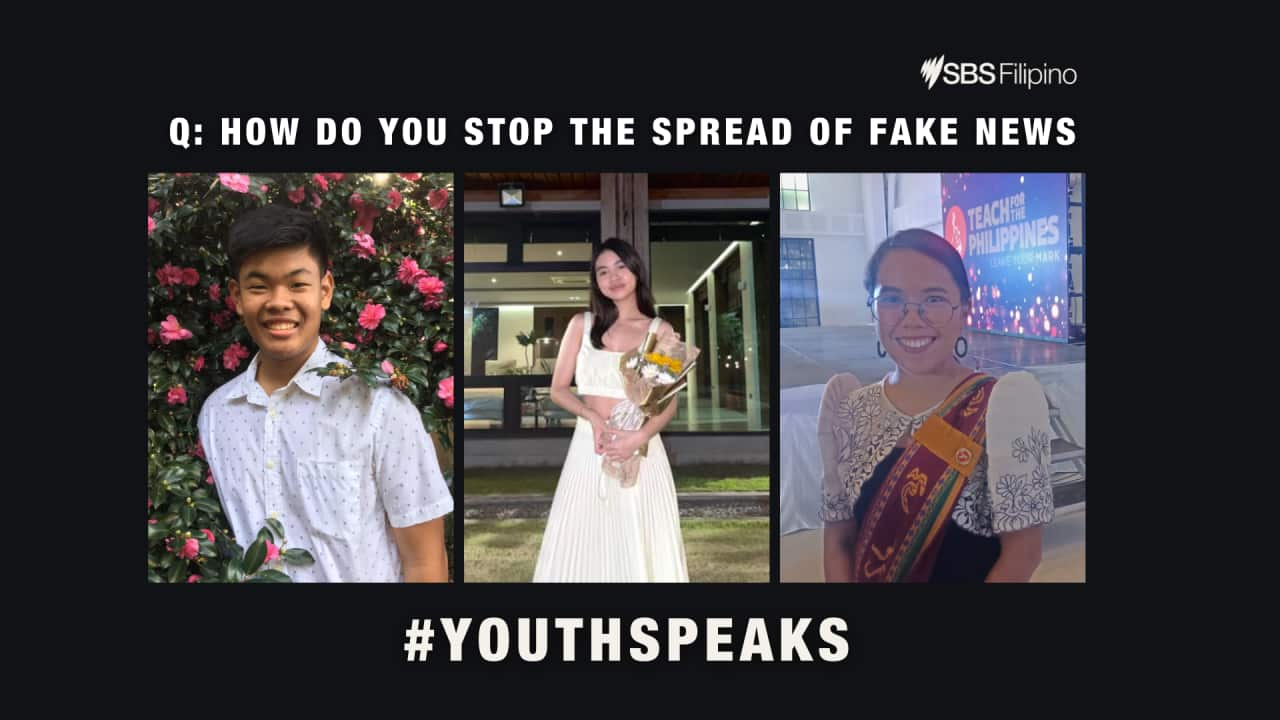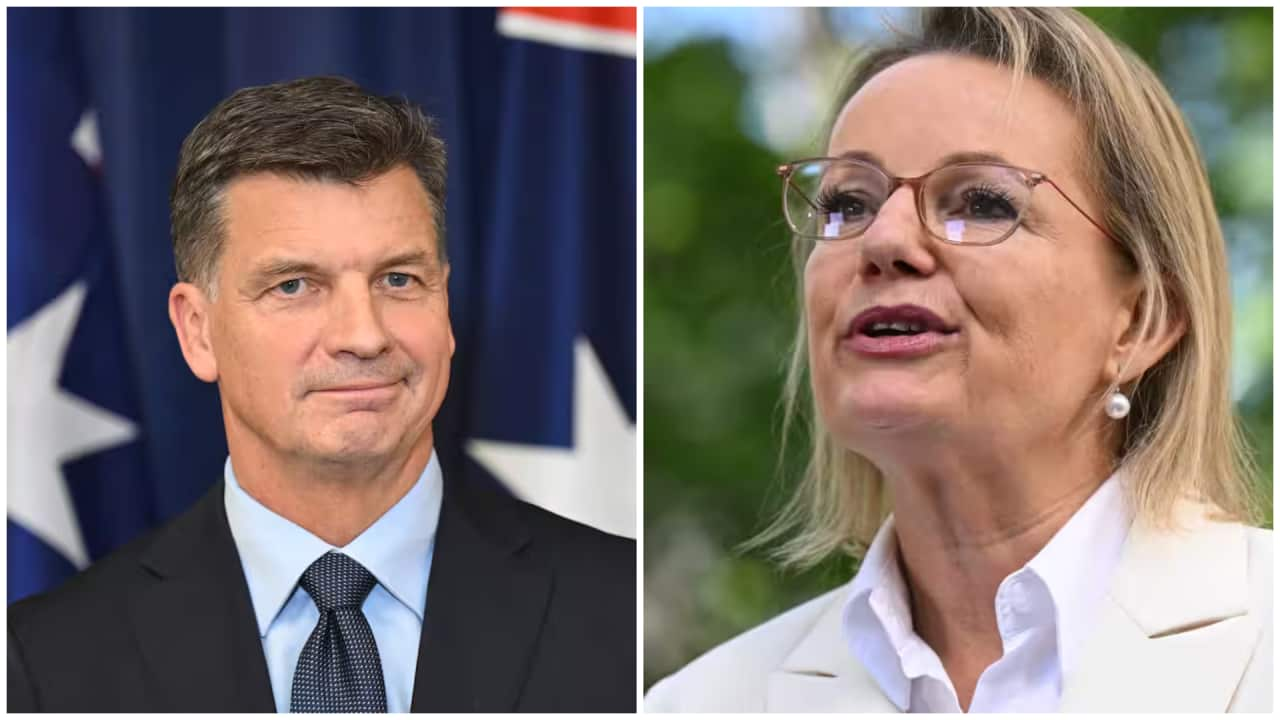Highlights
- Fake news are mostly spread on timely issues such as the COVID-19 pandemic or election season
- [OPINION] Most fake news are emotional in nature, be logical in your news consumption
- [OPINION] Always do fact check before you share a news source
For this week's #YouthSpeaks segment, we have invited Enzo Gutierrez, Alexis Pobre and Niki Baroy to discuss on how they help stop the spread of fake news and how they manage to communicate them to their circle of influence.
Q: How do you view fake news
For Enzo, fake news are made-to-believe sources to catch your attention and get social clout. Alexis shares her views on fake news in the context of the Philippines as difficult due to the limited sources being used by Filipinos such as facebook. Niki takes a different approach by saying that people should not think about fake news as an isolated issue, they should think that they will be affected by it whether indirect or directly.
Q: Who spreads the most fake news
Enzo fell in the trap of fake news before by sharing news that are catchy without being able to check its sources. For Alexis, she makes sure that she and her circle of influence practice social media literacy and cross checking when they consume their news.
"It's difficult to change especially when you are talking with older people due to the Filipino notion of respect. Gently talk to them about what fake news is" - said Alexis.
Niki says "I can't pinpoint a specific group based on ideology. For politics kasi mahirap dahil iba iba tayo ng pinanggagalingan. Example na lang yung anti-vax, ang pinaka nagsprepsread talaga ng misinformation ay yung mga may pinapaniwalaan na hindi talaga backed ng science. Pag nakakita sila na nagcoconfirm ng beliefs nila, sila talaga yung nagspre-spread ng misinformation."
Q: How do you manage arguments when it comes to fake news
All of the youth guests believe in the power of dialouge. They have shared their experience when dealing with relatives or friends that share fake news.
For Alexis, keeping the tone when discussing is important. "When you talk to them, dont make it sound like a sermon." - she adds.
For Enzo, he suggests "Instead of saying you are wrong at this, you can say ay tita parang mali ata nashare mo and here's why."
Niki puts emphasis on the manner of discussing about fake news by saying "I do it in the most respectful way possible. How we deliver the message is very important to make people understand."
Q: What do you advise to people about fake news
Enzo advises "Always check your sources. More often that not, if you feel something off about it. There is a high chance that it's fake news."
Alexis believes that most fake news are emotional in nature and that one should be logical when it comes to consuming news.
For Niki, she believes empathy and self reflection will go a long way in combating fake news.
"Empathy, in a sense that we need to understand where people are coming from and why they partake in this disinformation. It's easy to fall to the trap of being judgemental and antagonistic. Ang ibang tao ay may karapatan maniwala sa pinaniniwalaan nila at mayroon yun pinanggagalingan."
Our youth guests
Enzo Gutierrez is a second year commerce student at the University of New South Wales. He also is an officer in the Filipino society in his university. Alexis Pobre on the other hand is a second year neurosicence student at the University of Sydney. She is also active in youth groups and is currently an officer in her local Filipino society. Niki Baroy finished her Master of Development Studies at the University of New South Wales and is currently working for an international NGO.
#YouthSpeaks is a segment of the SBS Filipino program where we invite youths to speak and share their thoughts, opinions and experiences regarding different topics and issues.




